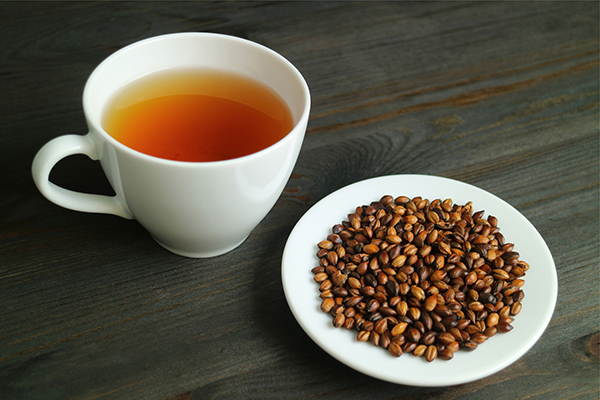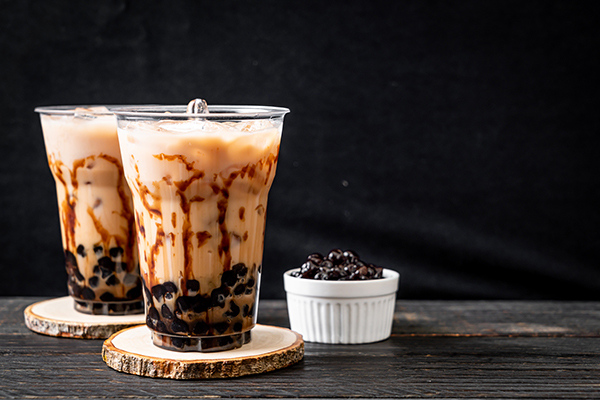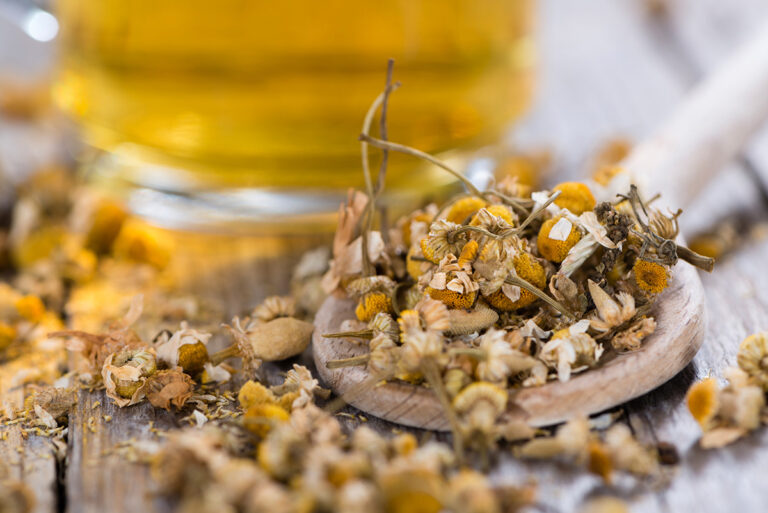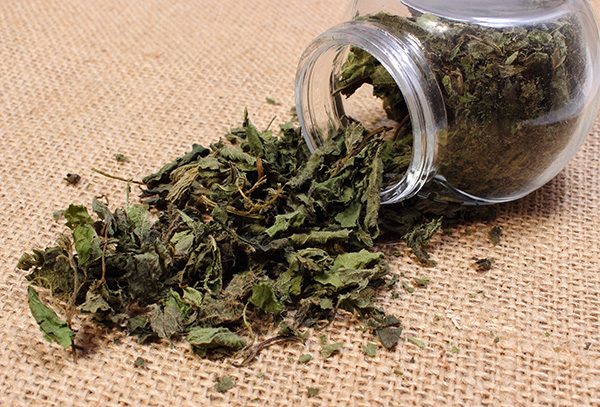Does Tea Cause Kidney Stones?
Kidney stones are a distressing health problem that impacts many people globally. With tea being a popular beverage, it’s natural to wonder if they are connected.
This article will explore the relationship between tea and kidney stones. We will also look into the types of tea that may cause or prevent kidney stones.

Can Tea Cause Kidney Stones?
It depends.
Some types of tea may contribute to kidney stones, while others might help reduce the risk. Tea contains compounds called oxalates. These compounds can contribute to forming calcium oxalate stones, the most common type of kidney stone.
However, oxalates in tea are not the only reason for kidney stones. Factors such as exercising (too much or too little), insufficient hydration, and obesity may play a role too.
What Kind of Tea Causes Kidney Stones?
The level of oxalates varies between teas. Black tea has higher oxalate levels, potentially increasing the likelihood of kidney stone formation in predisposed individuals. Sweet tea and iced tea, when made with black tea, contain high amounts of oxalates, and consuming them excessively may elevate the risk of kidney stone formation.
However, it’s important to remember that moderate black tea consumption is generally safe and that kidney stone formation depends on various factors. Moreover, a study found no significant increase in the risk of kidney stone formation from consuming black tea in moderation among healthy people (1).
What Tea Doesn’t Cause Kidney Stones?
Green, white, and herbal teas typically contain lower oxalate levels than black tea. Chamomile and hibiscus herbal teas could even potentially prevent the formation of kidney stones (2). Although obtained from the same plant as black tea, green tea can also help prevent kidney stone formation (3).
That said, consuming these teas in moderation is crucial, as excessive intake might lead to kidney stone formation in predisposed people.
Final Thoughts
While certain types of tea may contribute to kidney stone formation due to their oxalate content, moderate tea consumption is generally safe.
Proper diet and hydration are essential if you have a history of kidney stones.
Remember that tea is only one component of a person’s diet and lifestyle; numerous factors affect kidney stone formation.
FAQ
Does Green Tea Cause Kidney Stones?
Green tea has a lower amount of oxalates than black tea (4). Thus, it’s less likely to cause kidney stones. Moreover, research indicates that green tea can help prevent kidney stone formation. The protective properties of green tea are likely attributed to the presence of antioxidants.
Does Black Tea Cause Kidney Stones?
Black tea has higher oxalate levels, which can contribute to calcium oxalate kidney stones formation. For those predisposed, consuming excessive amounts of black tea may increase the risk, so enjoying it in moderation is crucial.
Does Herbal Tea Cause Kidney Stones?
Herbal teas, such as chamomile, dandelion, and hibiscus, generally have lower oxalate levels. Hibiscus tea may even help protect from kidney stone formation.
Does Iced Tea Cause Kidney Stones?
Iced tea can be high in oxalates when made using black tea as a base. As a result, it may contribute to kidney stone formation if you’re predisposed. To reduce the risk, avoid consuming excessive amounts of iced tea or opt for other types of tea.
Does Sweet Tea Cause Kidney Stones?
Sweet tea can be high in oxalates and sugar, possibly contributing to kidney stone formation. Limiting sweet tea consumption and opting for healthier alternatives, such as green or herbal tea, is best to minimize the risk of kidney stones.





